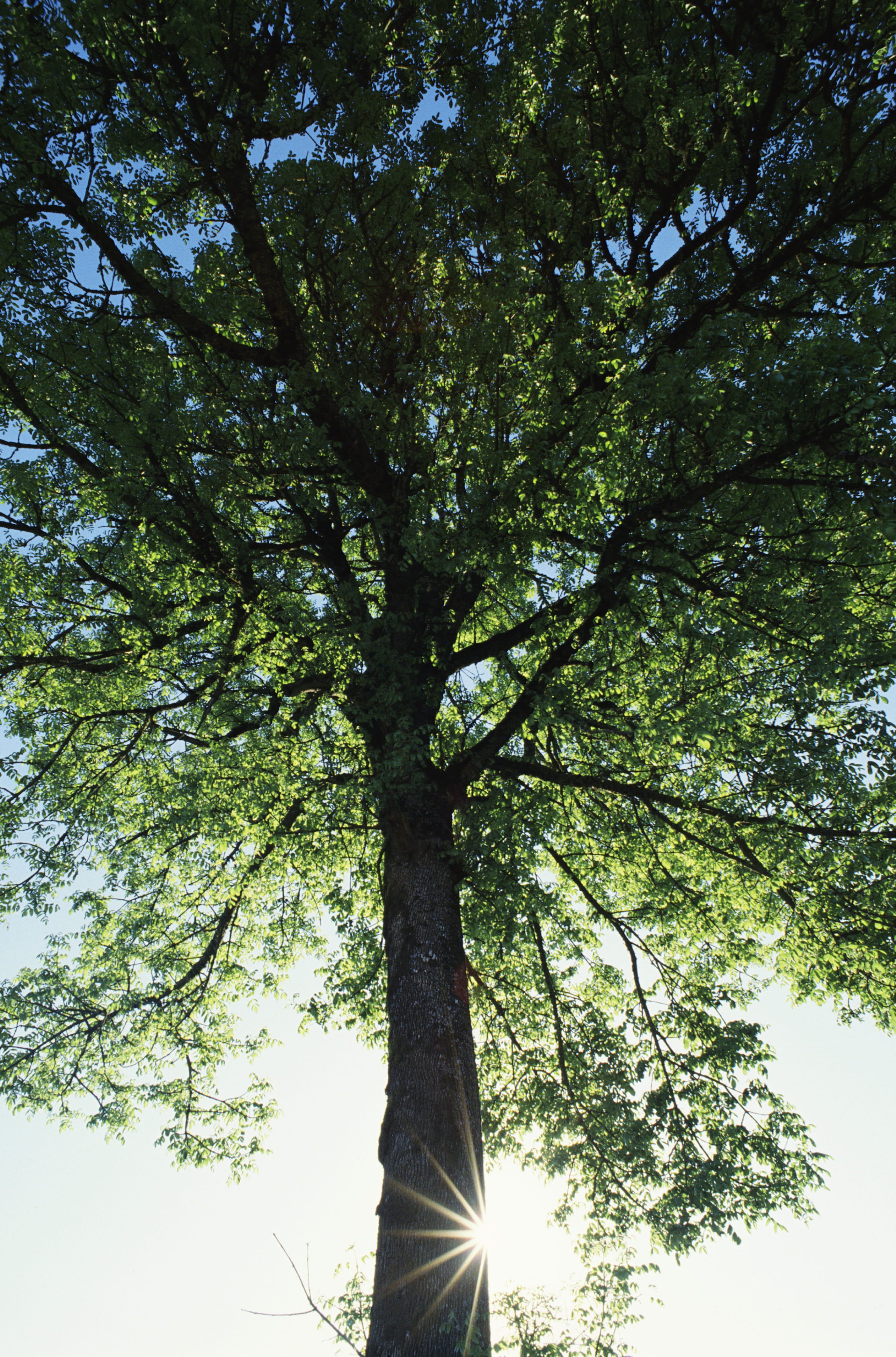By Sam Hamilton-Poore - June 2, 2009
 "Contemporary Christians," according to theologian Kathryn Tanner, "are citizens of a planet gravely troubled by the reckless and rapacious enterprises of its human inhabitants." We are living in a time of environmental crisis as evidenced by such phenomena as global warming, soil erosion and desertification, air and water pollution, and a rapid extinction of species due to habitat destruction. These problems have emerged as a result of human activity and their effects are experienced most profoundly among the poor.
"Contemporary Christians," according to theologian Kathryn Tanner, "are citizens of a planet gravely troubled by the reckless and rapacious enterprises of its human inhabitants." We are living in a time of environmental crisis as evidenced by such phenomena as global warming, soil erosion and desertification, air and water pollution, and a rapid extinction of species due to habitat destruction. These problems have emerged as a result of human activity and their effects are experienced most profoundly among the poor.
Along with other "citizens" of planet Earth, Christians are trying to find ways to take positive action in response to the environmental crisis such as reducing consumption and waste, reusing and recycling resources, lowering their "carbon footprint," preserving and restoring natural habitats, and more.
Christians have an important resource near at hand to guide them in understanding humankind's relationship with the planet, a resource that portrays God's desire for a healthy, flourishing Earth: the Bible. The scriptures known to Christians as the Old and New Testaments are a very complex collection of many books (or "scrolls"), composed over the course of many generations and centuries. But the Bible, for Christians, is also a primary resource for matters of faith, prayer, worship, and action.
Rather than one simple, overall message about the environment, the Bible presents several large, overlapping, and recurring "themes" about the inter-relationship of God, humankind, and the environment (or "creation"). I identify at least eight of these themes:
First Theme: The Earth Is God's Creation
The biblical witness assumes and affirms that everything owes its existence, its being, to God. "I believe in God the Father almighty, creator of heaven and earth," states the Apostles' Creed-and the basis of this affirmation echoes repeatedly from Genesis to Revelation. Indeed, Genesis begins with the following words: "In the beginning, when God began to create the heavens and the earth..." God is, so to speak, the Great Beginner and the earth (as well as everything else) is God's creation.
[See Genesis 1 and 2; Isaiah 40:12-15, 44:24; John 1:1-5; Romans 11:33-36.]
Second Theme: God Continues to Create
God's relationship with creation does not end with beginnings. The biblical witness affirms that God remains intimately involved in every moment of every day in the life of the world. God's creativity is ongoing, and God's creation continues to unfold. Although the first theme of God as Creator is foundational, more Bible passages refer to this second theme wherein God is actively present, caring for and sustaining the life that God has made.
[See Genesis 8:20-22; Psalm 23, 36:6-8a, 65:5-13, 104, 145; Joel 2:21-24;
Matthew 6:25-33.]
Third Theme: Creation Teaches
If we look to the created order-even the smallest forms of life within it-we can learn much about ourselves, about the meaning and purpose of life, and about the God who has made and loves the creation. The splendor of the planets and stars, the intricacy of the human body, or the innate industry of ants all have something to teach us, the Bible affirms, if we listen. The wisdom that creation imparts may inspire us to wonder (see Psalm 19) or leave us humbled and unnerved (see the book of Job).
[See Psalm 84:4; Proverbs 30:18-19, 24-28; Ecclesiastes 3:1-11;
Jeremiah 17:7-8.]
Fourth Theme: Humankind's Place and Purpose
The scriptures affirm that humankind has a special place and purpose within the created order and not apart from it. The biblical witness is varied as to what humanity's role is (e.g., steward, servant, disciple, partner). Although these roles may appear to conflict, it is possible to see them as complementary.
[See Genesis 1:24-31, 2:4-15; Psalm 8, 37:1-6; Micah 6:6-8; Wisdom of
Solomon 9:1-4a; Philippians 2:5-11.]
Fifth Theme: Sin and the Destruction of Creation
All is not well within God's created order. The scripture realistically and sometimes ruthlessly depicts human sinfulness: we forget the God who made us; we misuse and abuseothers, including the Earth and its creatures; we abandon our true vocation or calling. From the perspective of the Bible, human sinfulness affects more than the human species; it unravels the fabric of the created order, leading to environmental destruction. Sometimes scripture portrays God as one who uses ecological disaster to call people back to faithfulness (and therefore, God seems to cause or allow bad things to happen). More often, however, the devastation of creation comes as the direct or indirect result of humankind's sinful behavior.
[See Deuteronomy 11:13-17; Psalm 107:33-43; Isaiah 33:7-10; Jeremiah 4:22-26, 12:4, 10-13; Hosea 4:1-3; Romans 8:18-25.]




